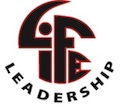 America was founded on certain principles, and for the first century and a half after the founding, the focus was mostly on spreading these principles to all people.
America was founded on certain principles, and for the first century and a half after the founding, the focus was mostly on spreading these principles to all people.
Since around 1936, we have been going in another direction — consistently watching the decline of the most fundamental founding principles.
If we are going to reverse this sad trend, and become an America that stands for real freedom in the world, we need a clear understanding of what the basic principles were — and are.
At the most basic level, America’s foundational principles are a combination of six sets of beliefs:
1. Valuing family, relationships and useful things, not materialistic baubles or consumerism.
The Native American culture was summed up by Thomas Morton, an early Englishman in America, who wrote in 1637 that the Indian tribes generally cared a great deal about personal relationships and were “not delighted in baubles, but in useful things” (see Page Smith’s A People’s History of the American Revolution, volume 1).
This became the norm in America, and various visitors from Europe commented that in Europe people were very interested in material things while in America the people cared more about relationships and only wanted material things that were truly useful in life.
2. Valuing frugality, personal responsibility, and trust in God.
This belief system came from the Puritan viewpoint, and emphasized keeping worldly things at a lower priority than spiritual and moral ideals.
3. Valuing freedom and personal choice.
The reformer Roger Sherman had a great influence on American colonization, and he stood up to controlling Puritan governments and fought for the idea that people must have the right to choose for themselves in matters of belief and conscience, not be forced by governments.
4. Valuing private property, the vital importance ownership, and a system of government that protects and maintains real free enterprise.
These themes were held strongly by the Jamestown communities that were the first English settlements in the New World. Their early mistakes in these areas led to a strong belief in these principles across the colonies.
5. Valuing a combination of the best traditions of the past with a focus on improving the future.
The Carolinas were governed for a time under a constitution written by John Locke, and the focus was on combining the most effective systems from Europe with the best of the Native American tribes.
This belief in rejecting the worst of the past but keeping the best, and mixing it with a focus on the future, has been a fundamental part of Americanism since the beginning.
6. Valuing the beliefs in rule by the people, inalienable rights that are above governments, and that freedoms must be fought for or they will be lost.
These lessons were brought by those who came to the New World to escape the excesses of European rule, including many from Germany, France, the Netherlands, and other places, and led by those from Scotland, Ireland, Wales and the lower classes of England.
Put these values together, and we have a good outline of what it once meant to be an American:
- Valuing relationships over materialism
- Strong families
- Frugality
- Trust in God and morality
- Personal responsibility
- Freedom
- Personal choice
- Private property, ownership, free enterprise
- The best traditions of the past
- Improving the future
- Rule by the people, not some group of elites
- Inalienable rights
- Government that works for the people, not vice versa
- An active citizenry that stands up for freedom
Sadly, we are watching these values consistently decline and disappear from our society. Every citizen who cares about our future should know this list and measure every government proposal by how well it supports — or attacks — them.
Author’s Note: For a list of 28 fundamental principles of the American founding, see The Five Thousand Year Leap by W. Cleon Skousen. Another list of basic founding principles is found in Clarence Carson’s The American Tradition. For suggestions on how to really fix current America, read LeaderShift by Orrin Woodward and Oliver DeMille.
 Oliver DeMille is the co-founder of the Center for Social Leadership, and a co-creator of TJEd.
Oliver DeMille is the co-founder of the Center for Social Leadership, and a co-creator of TJEd.
Among many other works, he is the author of A Thomas Jefferson Education: Teaching a Generation of Leaders for the 21st Century, The Coming Aristocracy, and FreedomShift: 3 Choices to Reclaim America’s Destiny.
Oliver is dedicated to promoting freedom through leadership education. He and his wife Rachel are raising their eight children in Cedar City, Utah.






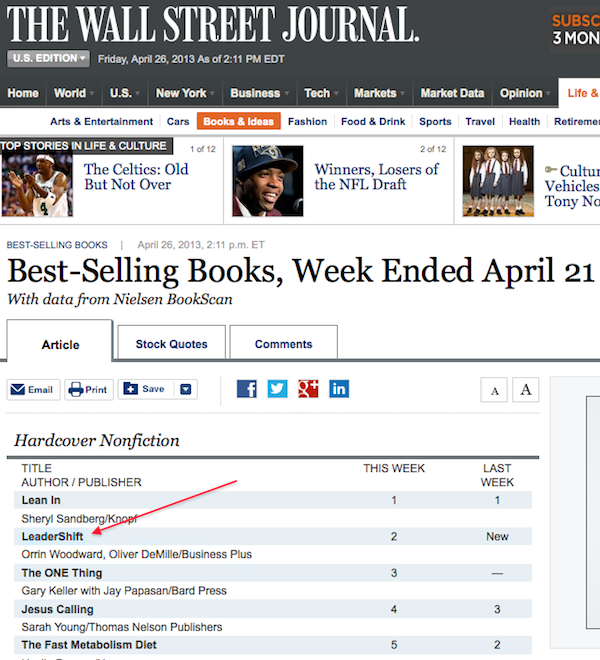
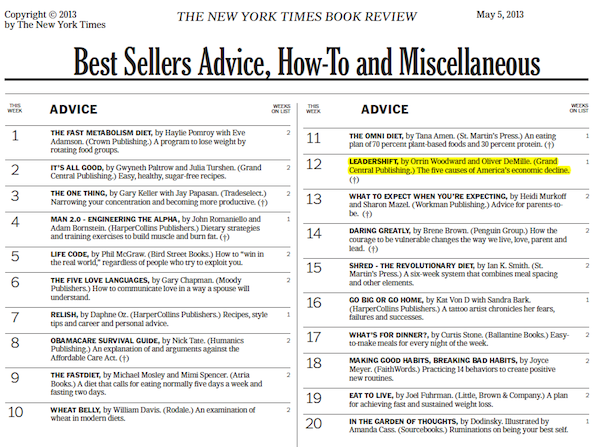
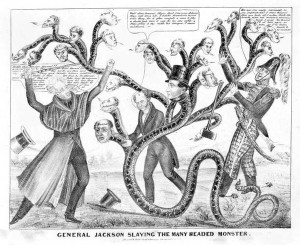 In his historic
In his historic 
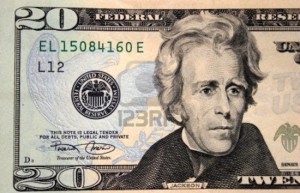 Andrew Jackson was always a man of strong convictions. He stood by his love of liberty even when it hurt him politically to do so.
Andrew Jackson was always a man of strong convictions. He stood by his love of liberty even when it hurt him politically to do so.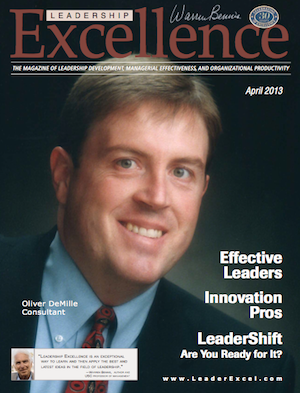
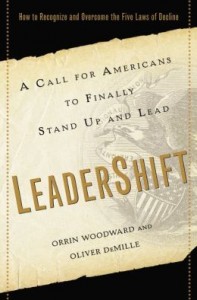 I’m excited for my new book,
I’m excited for my new book,  There are at least four major views of how governments are likely to lead the world in the decades ahead and what we can expect of the 2st Century.
There are at least four major views of how governments are likely to lead the world in the decades ahead and what we can expect of the 2st Century.  Many Americans now feel that Washington is broken, that there is some unidentified, underlying problem with our nation that can’t be fixed by elections.
Many Americans now feel that Washington is broken, that there is some unidentified, underlying problem with our nation that can’t be fixed by elections.